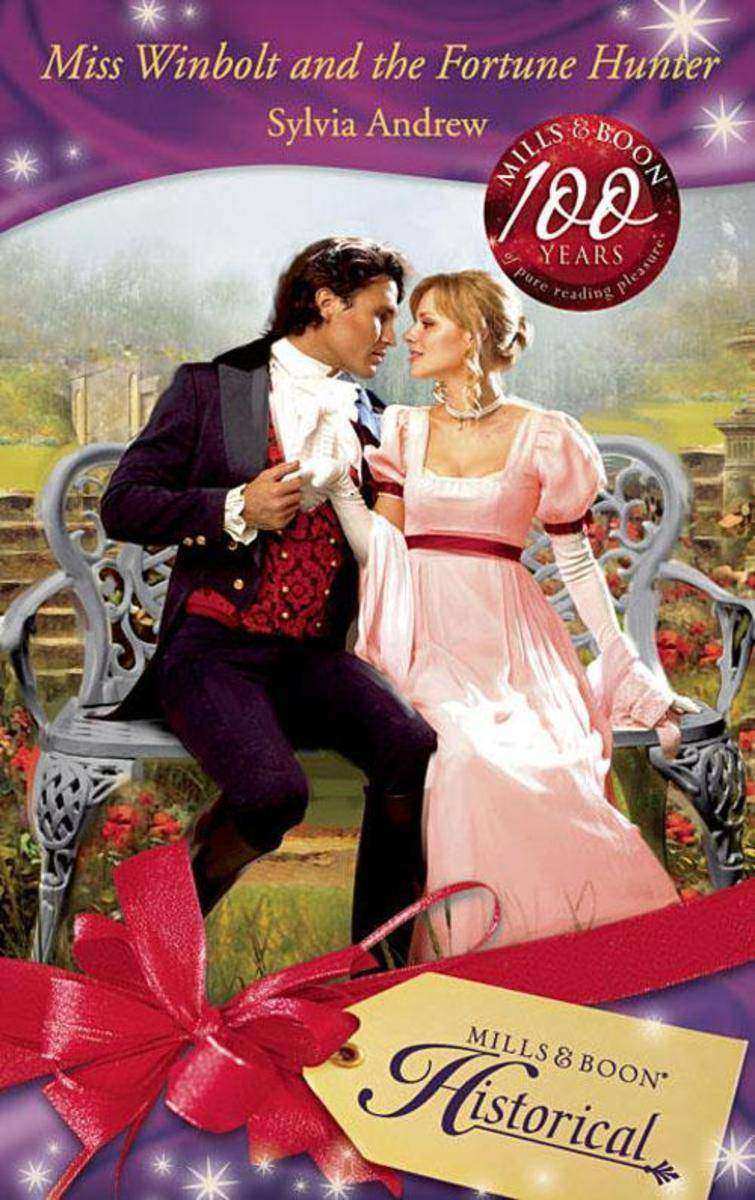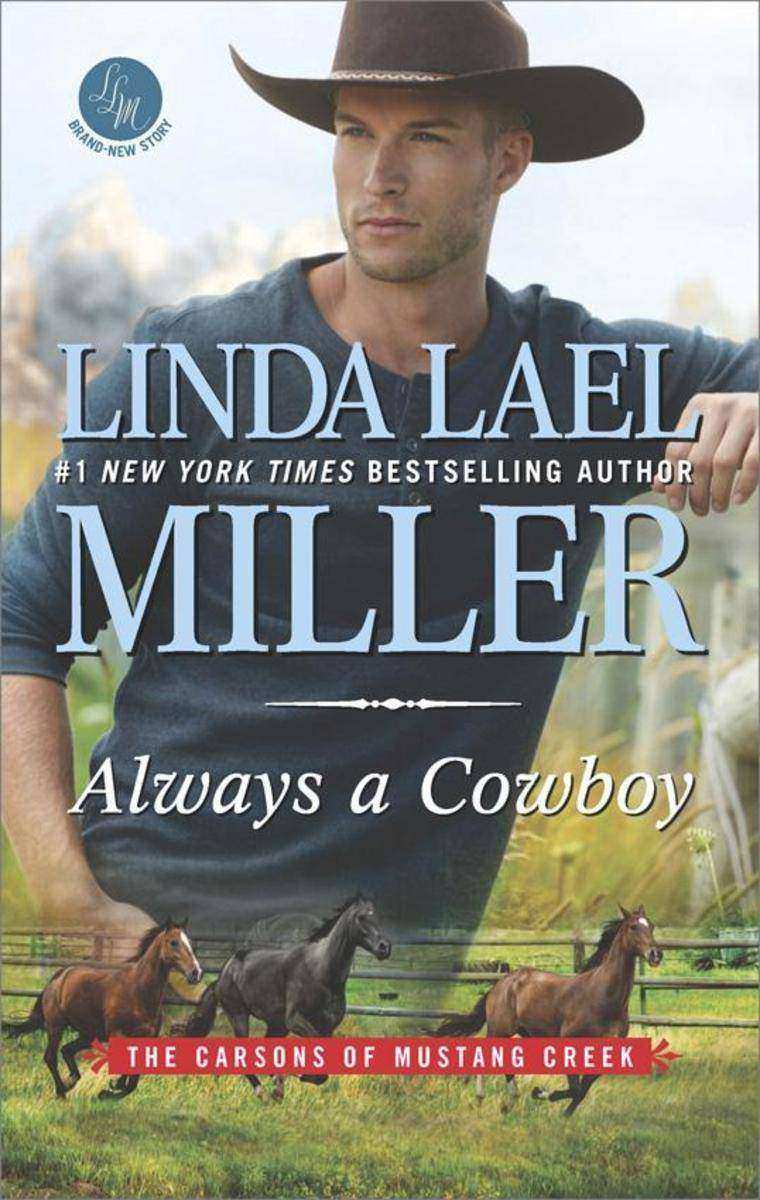
Mia's Scandal (Mills & Boon M&B)
¥30.61
Billionaire Oscar Balfour’s daughters are the darlings of the tabloid press – so it’s no surprise that the arrival of an illegitimate Balfour girl sends the gossip columns wild! Mia needs to learn the gilt-edged ways of his world fast. Brooding Greek tycoon Nikos takes her on as his personal assistant. Can he come to her rescue?

Miss Winbolt and the Fortune Hunter (Mills & Boon Historical)
¥28.35
Respected spinster Miss Emily Winbolt, so cool and cynical with would-be suitors, puts her reputation at risk after tumbling into a stranger's arms. Suddenly, bleak loneliness is replaced with a wanton, exciting sense of abandon. But Emily is an heiress, and her rescuer none other than Sir William Ashenden, a man of some distinction. He needs to marry, and she yearns to believe that William wants plain, upright, suddenly reckless Emily—not for her fortune, but for herself….

Invisible Girl
¥34.14
Gabriella Midwinter used to have a home. She wasn't invisible back then. . .For fans of Cathy Cassidy and Jacqueline Wilson, a stunning new novel from the author of Shine, Glitter, Sea Of Stars and A Million Angels. "What's strange is that the day it actually happened, everything seemed so normal." Caught between arguing parents and moving house, twelve-year-old Gabriella somehow slips through the cracks. Now she's more alone than ever before. The city streets are no place for young girls but they're all she's got. Unless she can find her brother Beckett. Unless she can find her home.

A Soldier's Oath (Mills & Boon Intrigue) (The Equalizers, Book 1)
¥24.13
Experience the thrill of life on the edge and set your adrenalin pumping! These gripping stories see heroic characters fight for survival and find love in the face of danger. Willow Harris needed someone who was willing to go beyond the law… Someone who would take a dangerous mission in a foreign land to rescue her kidnapped baby. Hope was all Willow had…until she found The Equalizers. Spencer Anders needed a second chance… He may have been new to the Equalizers, but Spencer had earned his stripes specialising in hostage retrieval. But with Willow at his side, anything could happen. The only thing Spencer knew for sure:surrender was not an option.

A Family for the Rugged Rancher , Soldier on Her Doorstep
¥40.81
Dare to dream… these sparkling romances will make you laugh, cry and fall in love – again and again! A Family for the Rugged Rancher Gruff rancher Luke’s new live-in housekeeper comes with an unexpected addition…a small son! Emily may be a pretty single mum but a family’s not on this bachelor’s wish list! Yet, slowly charmed by Emily and Sam, Luke begins to wonder if there might be room on his ranch – and in his heart – for a family after all… Soldier on Her Doorstep Soldier Alex promised his dying comrade he’d make sure his wife and daughter were okay. Alex was prepared for tears, but not for the beautiful woman who answered the door – or the little girl hiding behind her. Could Lisa and Lilly help to heal the hero’s heart?

The Surgeon's Secret Baby Wish (Mills & Boon Medical)
¥23.05
Enter into the world of high-flying Doctors as they navigate the pressures of modern medicine and find escape, passion, comfort and love – in each other’s arms! A miracle child… Paediatric surgeon Naomi Horton longs to have a baby of her own. But with a failed marriage behind her, she’s planning to get pregnant without the risk of a broken heart… Only her gorgeous new boss Rick Weber makes Naomi realise she doesn’t want single parenthood – she wants a loving husband too. She wants Rick… But, while their desire for each other is undeniable, a family is definitely not on Rick’s agenda. How can Naomi break the news to Rick that she’s now pregnant – with his baby!

A Word With The Bachelor (Mills & Boon Cherish) (The Bachelors of Blackwater Lak
¥22.07
When opposites collide…the plot thickens When former Special Forces agent Jack Garner opens his door to Erin Riley, he makes two things clear: he won’t sleep with her, and he writes alone. Clearly, fame and fortune have done nothing to brighten this bestselling author’s brooding manner. But his second book is long overdue, and Erin is there to jumpstart his writing…if not his heart. Bright, chatty and positive, Erin is like a sunny day to Jack’s perpetual night. And even as she struggles to contain her sizzling attraction, she knows she can help Jack have a breakthrough. When the words finally start to flow, Jack starts to wonder if ‘once upon a time’ could become ‘happily ever after.' Now, that would be something worth writing about…

Always A Cowboy (The Carsons of Mustang Creek, Book 2)
¥14.62
He's the middle of the three Carson brothers and is as stubborn as they come—and he won't thank a beautiful stranger for getting in his way! Drake Carson is the quintessential cowboy. In charge of the family ranch, he knows the realities of this life, its pleasures and heartbreaks. Lately, managing the wild stallions on his property is wearing him down. When an interfering so-called expert arrives and starts offering her opinion, Drake is wary, but he can't deny the longing—and the challenge—she stirs in him. Luce Hale is researching how wild horses interact with ranch animals—and with ranchers. The Carson matriarch invites her to stay with the family, which guarantees frequent encounters with Drake, her ruggedly handsome and decidedly unwelcoming son. Luce and Drake are at odds from the very beginning, especially when it comes to the rogue stallion who's stealing the ranch mares. But when Drake believes Luce is in danger, that changes everything—for both of them.

Expecting His Secret Heir (Mills & Boon Desire) (Mill Town Millionaires, Book 4)
¥22.07
The one-night stand who got away is back—and expecting… Security entrepreneur Zachary Gatlin can't decide whether to kiss her senseless or give her the brush-off, but Sadie Adams insinuates herself into his business and he’s hooked. Sadie’s on a mission to dig up dirt on Zach and disqualify him from a multimillion-dollar inheritance. Success means she’ll be able to pay for her little sister’s medical bills. But when Zach once again proves irresistible to Sadie, she faces a fateful choice: follow her heart or save her sister. And then there’s the child she’s carrying—Zach’s child…

Handle Me (Mills & Boon Blaze) (Uniformly Hot!, Book 71)
¥18.34
Subject: K-9 Handler Ty Colson Mission: Deliver an injured war dog to the woman of his very naughty dreams. Savannah “Van” Cantrell is the girl Ty Colson could never have. She's also the sister of his best friend—and blames Ty for his death in Afghanistan. The last thing Ty needs is a reunion with Van. Or a reminder of their too-potent chemistry. Van wants to give her brother’s dog a loving home, but seeing Ty means facing the anger, the blame, and the electric current of sexual energy between them. And while Van trusts him to handle almost anything—including her body against his—she'll never trust her heart to a man determined to walk back into the line of fire.

Her Texas Rescue Doctor (Mills & Boon Cherish) (Texas Rescue, Book 4)
¥25.11
Spin Doctor meets ER Doctor Living in her Hollywood movie star sister’s shadow is hard enough! But as her personal assistant, Grace Jackson is continually repairing the swath of damage the diva leaves in her wake. And now her antics have landed her in the Texas Rescue ER! What Grace needs is to find her sister the perfect man–someone to dispel the rumor mill. Satisfy the papparazzi. But where could she find this superhero wannabe? Enter ER Dr. Alex Gregory: he's dignified, gifted…and a bit of a nerd. Still, he has an eye for genuine people like lovely Grace. So he reluctantly agrees to let Grace make him over and help salvage her sister’s reputation. From geek to chic, Alex becomes a dazzling escort for a celebrity-studded charity ball. But Grace had to wonder: did she re-make Alex for her sister–or herself?

Hostage Negotiation (Mills & Boon Intrigue) (Marshland Justice, Book 4)
¥30.51
MANY WOMEN WENT MISSING OUTSIDE MYSTIC GLADES. SHE ESCAPED. When he took the job, Zack Scott heard about the horrors waiting in the swamp. So when Kaylee Brighton dashed into the road like the devil was on her tail, the new police chief gave her a safe place to recover. Imprisoned for months, Kaylee could lead Zack to her captor. Though Zack swore to protect her, only Kaylee knew the darkness that awaited them if she returned. She couldn’t begin to understand what drove Zack, but she knew the importance of having him by her side. Because it wasn’t enough for Kaylee to have escaped. Now it was time to take back her life.

Rescued By Dr Rafe (Mills & Boon Medical) (Stranded in His Arms)
¥30.51
Her unexpected rescuer When newly-qualified paramedic Mimi Sawyer is separated from her colleague in a flash flood, the last person she wants to come to her rescue is Dr Rafe Chapman—the man who broke her heart when he walked out five years ago… Talking about his feelings has never been easy for Rafe. But their forced reunion means confronting the truth of the past. It’s suddenly clear that Mimi has always been the one for him, yet to win her back he’ll need to convince Mimi that he’s the one for her! Stranded in His Arms Falling in love in the face of danger!

Safe In His Sight (Mills & Boon Romantic Suspense) (Escape Club Heroes, Book 1)
¥25.70
USA TODAY bestselling author Regan Black thrills us with this adrenaline-fueled romance in her new series, Escape Club Heroes! The stalker shadowing lawyer Julia Cooper's every move is vowing to ruin her lifeunless she discloses information about a major criminal case. For discreet help, she turns to the shadowy Escape Club, where investigative brainpower and brawn are for hire. Mitch Galway, a firefighter on leave, becomes Julia's round-the-clock bodyguard. All sculpted biceps, sexy bravado and conflicted past, Mitch works overtime to uncover the identity of the person hunting her. But as they track the creep getting way too close, Julia must share more of herself with the intriguing man protecting herwhich puts them both high on a lunatic's hit list.

Seven Nights With Her Ex (Mills & Boon Medical)
¥29.43
One week to win her back! For neurologist Beau Judd, a medical survival course in Yellowstone Park is her chance to experience something completely different. But her trip half-way around the world only brings her closer to her past—the man who left her at the altar! Twelve years ago Dr Gray McGregor made the most difficult decision of his life. Now, brought back together with Beau as they head into the wild, he realises what a mistake it was. Can he win back the woman he loves in just seven days?

Stepping Into The Prince's World (Mills & Boon Cherish)
¥22.07
Falling for the secret Prince Claire Tremaine accepts a post as sole caretaker of a gorgeous island after a professional betrayal leaves her life in tatters. It’s the perfect place to heal—until her solitude is interrupted by a gorgeous solider who’s shipwrecked on her shores…! Raoul breaks down Claire’s barriers with his kindness and kisses, but she’s stunned when he’s revealed as Prince of Marétal. She believes they can’t be together…and then Raoul whisks Claire to his palace! She’s stepped into the Prince’s world—but can Claire capture this Prince’s heart?

Sunrise Crossing (Ransom Canyon, Book 4)
¥29.43
Yancy Grey is slowly putting his life back together after serving time for petty theft. As he rebuilds an old house, he finally has a sense of stability, but he can t stop thinking of himself as just an ex-con. Until one night, he finds a mysterious dark-haired beauty hiding in his loft. But who is she, and what secret is she protecting?"

The Billionaire From Her Past (Mills & Boon Cherish)
¥22.07
The tycoon she never forgot… Mila Molyneux had always harboured a secret crush on her childhood friend Sebastian Fyfe – until he married another woman. She buried her feelings and moved on, knowing it was best for everyone… Meeting Seb years later – now widowed and gorgeous as ever – their long-lost connection is as deep as ever. Only now difficult emotions challenge not only Seb but Mila as well. Dare she hope they can now find happiness – if she can confront the hold this brooding tycoon still has over her…?

The Bridesmaid Wore Sneakers (Mills & Boon Heartwarming) (The Daughters of Danci
¥22.07
It takes courage to fall in love To everyone in her rural Ohio community, Jude Foster O’Leary’s dead husband is a war hero. Yet how can she forgive him for choosing the military over his family when they needed him most? And now the charitable foundation she established in his name is in danger of going belly-up, until Liam Manning comes to the single mother’s rescue. But the financial adviser’s arrival in Dancing Falls wasn’t happenstance. Despite her attraction to the driven professional in his three-piece suit—and Liam’s winning way with her young son—Jude has to protect herself from this caring, contradictory man who takes dangerous risks. And from the treacherous feelings Liam’s awakening.

The Bull Rider's Homecoming (Mills & Boon Cherish) (Montana Bull Riders, Book 2)
¥29.43
IS THIS HOME? Single mom Annie Owen is so busy raising her twin girls, there’s no time to focus on the “single” part…until rugged Trace Delaney temporarily moves nearby. Annie’s interest in Trace is more than neighborly, but she can’t risk losing her heart to a bull rider on the move. Trace is a rolling stone. Or so he thought. Settling down suddenly seems a lot more appealing if it’s with smart, gorgeous Annie and her girls. But they deserve someone they can count on. Is Trace ready to be that man, or will he run from the only place, and the only woman, that ever felt like home?

The Rancher's Wife (Mills & Boon Western Romance) (Men of Raintree Ranch, Book 2
¥22.07
COME HOME, COWGIRL Logan Slade is bringing his wife home for the holidays—but can he convince her to stay for good? Despite a four-year separation and a devastating loss, the Georgia rancher refuses to give up on their marriage…even if he has been served divorce papers. Amy misses Raintree Ranch and her beloved horses almost as much as she misses the man who was her best friend before he was anything else. But she's no longer a wild rebel determined to get her man at any cost. To win her back, the honour-bound cowboy will have to let go of the past and open his heart to a real future.




 购物车
购物车 个人中心
个人中心



